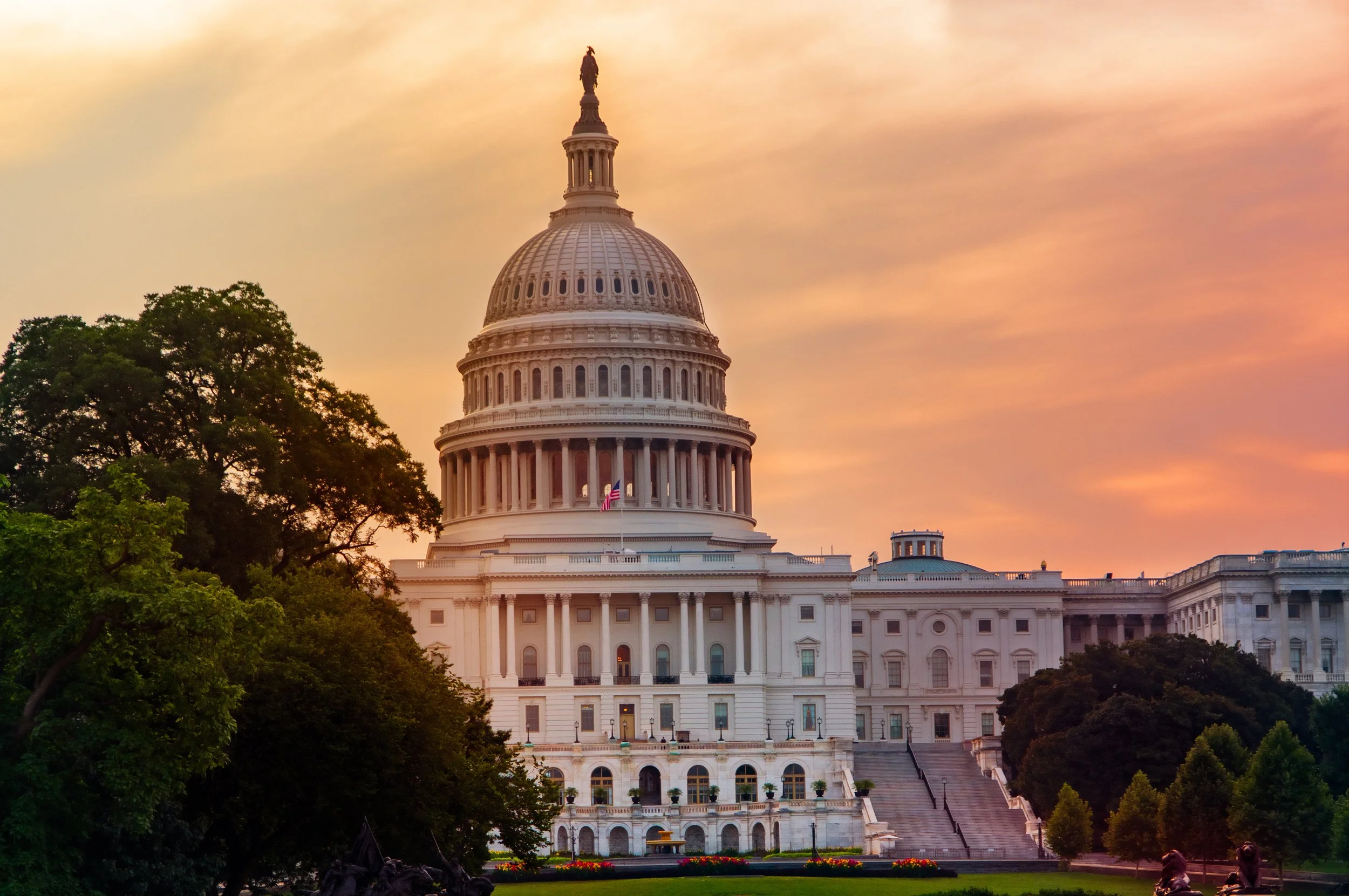Current Status of Youth Voting Rights
United States
Federal Level
- In March 2021, 125 members of the U.S. House of Representatives voted in favor of lowering the voting age to 16 for federal elections
- While this historic vote fell short of passage, it demonstrated unprecedented congressional support for youth voting rights
- The measure was reintroduced in 2023, maintaining pressure for federal reform
State Level
Several states have expanded youth voting rights and voter registration opportunities:
- 18 states and Washington D.C. allow 17-year-olds to vote in primary elections if they will be 18 by the general election
- California now permits 16- and 17-year-olds to pre-register to vote
- New York requires high schools to facilitate voter registration and pre-registration for students 16 and over (as of July 2024), with pre-registered 16- and 17-year-olds automatically registered upon turning 18
- Massachusetts, New York, and Oregon have considered legislation to lower the voting age for state and local elections
Local Level
Multiple municipalities have successfully lowered the voting age:
Maryland
- Takoma Park (2013): First U.S. city to lower voting age to 16 for local elections
- Hyattsville (2015)
- Greenbelt (2018)
- Riverdale Park (2019)
Vermont
- Brattleboro (2019): Allows 16-year-olds to vote in local elections
California
- Oakland (2020): Permits 16-year-olds to vote in school board elections
- Berkeley (2020): Allows 16-year-olds to vote in school board elections
New Jersey
- Newark (2022): Extended school board voting rights to 16-year-olds
International Progress
Countries with Universal Voting Rights at 16
- Argentina
- Austria
- Brazil
- Cuba
- Ecuador
- Guernsey
- Isle of Man
- Jersey
- Malta
- Nicaragua
Countries with Universal Voting Rights at 17
- Greece
- Indonesia
- North Korea
- Sudan
- Timor-Leste
Countries with Limited Youth Voting Rights
- Belgium: European Parliament elections at 16
- Estonia: Local elections at 16
- Germany: Some state and local elections at 16, European Parliament elections at 16
- Israel: Municipal elections at 17
- Scotland: Scottish Parliament and local elections at 16
- Wales: Welsh Parliament and local elections at 16
Recent International Developments
- European Parliament voted in 2023 to recommend all EU member states lower voting age to 16
- Cyprus advanced a bill in 2024 to lower the voting age to 17
- United Kingdom considering proposals to lower voting age following successful implementation in Scotland and Wales
- Several Canadian provinces debating youth voting measures
- New Zealand's parliament considered but narrowly rejected lowering the voting age to 16 in 2023
Impact Data from Early Adopters
Turnout
- In Austria's 2008 election, the first national election after lowering the voting age, turnout among 16- and 17-year-olds was 87%, compared to 83% for 18-20 year olds
- In Scotland's 2014 independence referendum, 75% of 16-17 year olds participated
- In Takoma Park's 2013 municipal election, registered 16-17 year olds voted at twice the overall rate
Political Engagement
- Long-term research from Austria (2008-2020) indicates that earlier voting leads to increased lifetime civic participation
- Studies of the 2014 Scottish referendum found youth voters demonstrated comparable levels of political knowledge to older voters
- Research from the 2014 Scottish referendum showed only about half of 16- and 17-year-olds voted the same way as their parents
Looking Ahead
The movement for youth voting rights continues to gain traction through:
- Growing recognition of youth political engagement on issues like climate change, gun violence, and racial justice
- Increasing evidence of successful implementation in various jurisdictions
- Rising support among elected officials and the public
- Active youth-led campaigns for reform
Note: This information was compiled in 2024. For the most up-to-date information, please consult official government sources, electoral commissions, and verified news reports. The landscape of youth voting rights is rapidly evolving, with new developments occurring regularly.



